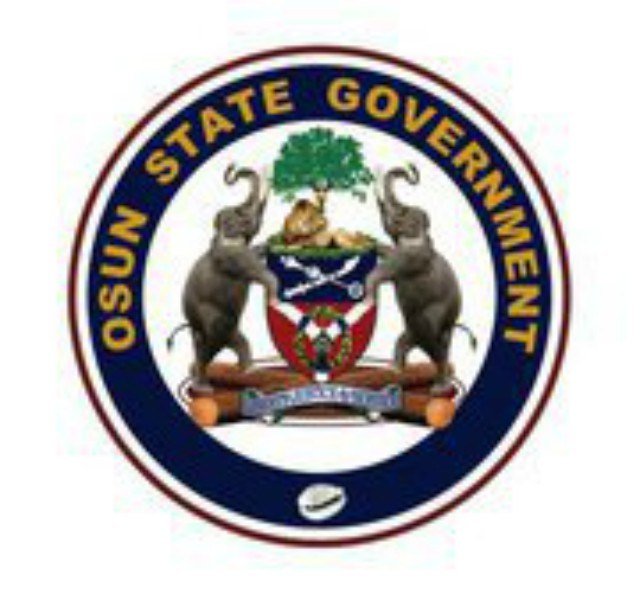The governor of Osun State, Gboyega Oyetola, has been a cynosure of all eyes and often been singled out for commendation for the masterly way he has managed the economy of the state which was lying prostrate as at the time he took over the baton of leadership November 2018.
Since assumption of office, Oyetola has shown class and provided exemplary leadership so much so that the worst of his critics are now on the same page with him. Today in Osun, the modulated salary regime, for which the state was notoriously known, is no longer in vogue. For the workers and pensioners do not only get their entitlements in full, they also get it on time — mostly before 28th day of each month. The government he superintends has also begun full implementation of the new minimum wage of N30, 000; and is one of the four states in the country to comply with the labour law regarding Group Life Assurance package for state workers.
As his government is busy attending to the welfare of the workers and pensioners, so it is, in equal breath, ensuring every part of the state enjoys the dividend of democracy. Many of the roads in the state are now wearing a new look. More than 480km roads have been constructed in the last two years he became the governor. Also, no fewer than 300 health centres have been built across the nooks and crannies of the state. Barely two weeks ago, he launched the Food Support Scheme for the vulnerable citizens of the state. The scheme, under the chairmanship of his special duties commissioner, Olalekan Badmus, and planned to be sustained in the life-time of his administration, is targeted at 30,000 persons per month.
Further, the IGR drive of the state is daily gaining momentum. From the yearly N10.4b Governor Oyetola met it at inauguration, the state IGR, according to the 2020 IGR index released 15th April this year, by the National Bureau of Statistics, was put at N19.6b. Although the N36b yearly target of the administration is not yet realisable ( a N36b the government forecasts is the financial buffer needed to implement its lofty promises to the people), the current feat, no doubt, is significant. And must be appraised positively by all well meaning citizens of the state.
Notwithstanding all the successes of the administration — in health, education, road construction, wealth creation, poverty alleviation, etc, etc — the state is still economically in dire strait owing to heavy deductions on its monthly allocations from the federation accounts aimed at defraying financial commitments bequeathed to the current government by previous administrations.
In the report of the Fiscal Responsibility Commission for 2019 but published by Punch newspaper on April 6 this year, Osun State was grouped alongside Lagos, Cross River, FCT as federating states that exceeded their debts to net revenues by more than 400 per cent. In the FRC report entitled ‘Debt sustainability analysis of state governments,’ Osun, specifically, came second with 650.94 per cent Debt-to-Total Net Revenue. This is in clear violation of the Fiscal Responsibility Act, 2007, which, in Section F(C) of the 2012 Revised Guidelines, ‘states that the total amount of loans outstanding at any particular time including the proposed loan shall not exceed 50 per cent of the actual revenue of the body concerned, for the preceding 12 months.’
This sullen picture is not different from what many business analysts have, in the last 5 years, painted in their reports about Osun State. The BudgIT, a technology driven accountability organisation, in its publication of October 2017, chided the state government for obtaining loans for projects that did not add to or improve the Internally Generated Revenue (IGR) of the state for the smooth refund of the loans; and equally raised an alarm of the possibility of the state slumping into insolvency.
In a similar vein, the Business Day newspaper in August 2020 reported that for every N100 collected by the state as revenue allocation from the Federation Accounts Allocation Committee (FAAC), N91 was spent to service accumulated debts left behind by Governor Oyetola’s predecessors.
The reckless borrowing of yesteryears is what is now hunting the government of Gboyega Oyetola — a government known for financial discipline but which also came at a time the world’s businesses are impacted by dwindling revenues occasioned by the COVID-19 pandemic.
Whereas the state government’s efforts at blocking leakages — and reducing to the manageable level resources hitherto set aside for frivolous political prebandalism — are well acknowledged, the drivers of the economy must double their strengths to scale the hurdles posed against them by excessive legacy debt repayments. They must continue to improvise.



